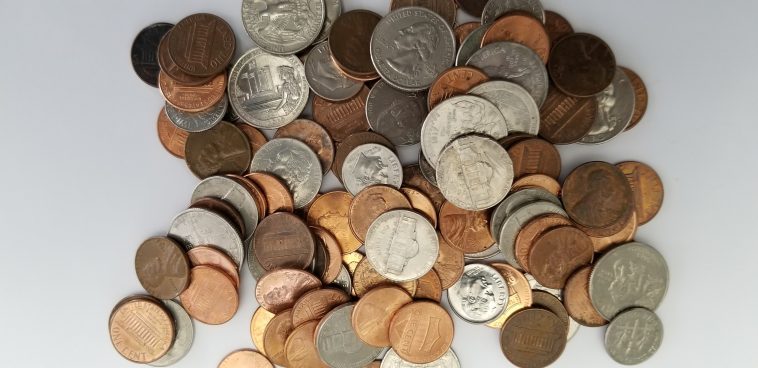According to Africa: The Big Deal, nearly 1,500 investors have done at least one deal in Africa in the past couple of years. This does not include angel investors.
However, some investors have helped the African startup ecosystem grow in a very different way over the past two years (2021–2022). Based on data collected by Africa: The Big Deal, this article takes a closer look at venture capital firms that have signed at least one deal every month on average
Regarding the number of deals, the report says that Launch Africa was the most active investor in 2021 and 2022. The company has the most locations and was involved in 12% of all equity deals between $100,000 and $10 million on the continent in the last few years. On average, more than one deal is signed every week.
Flat6Labs did 86 deals, but it was the only VC firm focused on one area: Northern Africa (2/3 in Egypt and 1/3 in Tunisia). In 2021 and 2022, the international VC firm Y Combinator continued to grow its presence in Africa; in 2022, 2/3 of its investments were in Nigeria, up from 38% in 2021.
During that time, LoftyInc also made an average of more than three investments of $100,000 or more per month, and almost half of those were in Nigeria. Every other $100k+ deal for Techstars and Future Africa was in Nigeria.
Besides Flat6Labs, all of the listed active investors have done business in at least three of Africa’s five regions. Most of them (8/14) have invested at least $100,000 or more in at least four places. Launch Africa, YC, LoftyInc, and Plug and Play back all five.
But active investors put most of their money into the “Big Four,” Nigeria, South Africa, Egypt, and Kenya. Only 25% of all deals between 2021 and 2022 went to startups outside of the “Big Four.” Norrsken put the most money into “the rest of Africa,” with 45% of its deals happening there.
Regarding gender, most (nine out of fifteen) did worse than the average regarding investing in female-led startups (14% of all deals in 2021-2022). Techstars did the best (21%), while two of the investors on the list didn’t invest in a single startup with a woman as CEO during the period.





